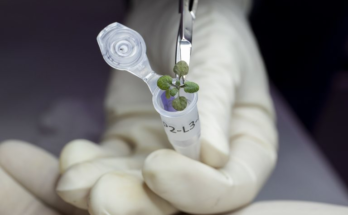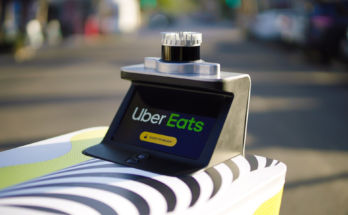
If you’ve been a runner for a while, there’s a good chance that, at one point or another, you’ve had to take an emergency pit stop to poop while on a long run. If you were lucky, there was a bathroom nearby. If you weren’t… well, let’s never speak about that again.
Runner’s trots (also called runner’s gut or runner’s stomach) is the euphemism strong urge to use the bathroom during or after a run, which can also be accompanied by abdominal cramping, nausea, and diarrhea. Although this can be uncomfortable and embarrassing, it’s also a normal part of being a runner.
If you are ever in doubt that your condition is severe, it’s best to get checked out by your doctor—but if you experience only the occasional episode of the runner’s trots, there are some ways to reduce the chances that it will happen again.
“Runner’s trots” is a common condition
In a study of distance runners, 62 percent reported needing to stop during a run to have a bowel movement (12% during an actual race), and almost half reported getting nervous diarrhea before a race. Keep in mind that this is self-reported data, which means some respondents may have a case of runner’s high-induced amnesia, while others may have been too embarrassed to disclose.
G/O Media may get a commission
An episode of runner’s trots is a distinctly uncomfortable experience that combines the physical stresses of distance running, the agony of an upset digestive system, and the paralyzing fear of what will happen if you can’t get to a toilet in time.
When this happens, a runner may only have a few minutes in which to get to the bathroom before they will shit their pants. This can happen to the best of us, with higher rates of the condition observed in younger runners, women, as well as people who regularly run long distances.
What causes runner’s trots?
In a 2014 review of GI complaints during exercise, the authors identified three main causes for this unfortunate malady—physiological, mechanical, and nutritional.
Physiological
During a run, a lot of the blood that would normally go to your gastrointestinal system is going to your muscles instead. Your GI system needs a lot of oxygenated blood to function properly; during a run, your muscles need it even more. The reduction in blood flow to your GI tract leads to reduced absorption of water, as well as a slowing down of its regular activity, all of which can lead to digestive issues.
Being dehydrated can make the problem even worse, leading to an increase in the probability of experiencing symptoms during or after a run.
Mechanical
Running is a high-impact activity. What that means is that when you go for a run, whatever is moving through your GI tract is jostling around, which can disrupt everything going on in there. For your lower GI tract, this can lead to symptoms such as flatulence, diarrhea, as well as the increased urge to poop.
This jostling around can also cause some damage to the lining of your intestinal tract, which can lead to the very fun symptom of rectal bleeding after a long run. (Runner’s high is one hell of a drug!)
Nutritional
What we eat can have a big impact on whether or not it’ll come out in the middle of a run. According to the 2014 review of GI complaints during exercise, the foods that cause the most issues are ones that are high in fiber, fat, protein and fructose, all of which have been associated with a high risk of GI issues. Dehydration is also a big culprit, while there’s some mixed evidence that suggests high-sugar beverages might also cause issues.
For some people, caffeine can cause issues, while sugar alcohols, such as the artificial sweeteners that are found in a large number of processed foods, can also cause problems during your run. If you are particularly sensitive to caffeine, try and limit your intake before a run, while also make it a habit to check the ingredients list of any processed foods such as protein bars or shakes for the presence of sugar alcohols in the place of sugar, which could cause particular problems.
Generally speaking, it’s best to avoid foods that are high in fat, fiber, and protein just before your run. Instead, opt for some easily digestible carbohydrates, such as a banana. During your run, it’s a good idea to eat or drink in small amounts if you can. You’ll also want to avoid eating any new foods before or during a long run or race, as you don’t know how your body might react.
If you find yourself dealing with GI issues on a regular basis, in addition to seeing your doctor, it can also help to keep a food diary, as we all react to foods differently.
How to prevent runner’s trots
All of this information is good to know, but you really want one question answeredL How do I avoid ever shitting my pants during a run? Although you can’t fully prevent a case of the runner’s trots, you can cut down on the likelihood of it happening again by following these guidelines:
- Stay properly hydrated
- Avoid foods that are high in fat, fiber or protein just before running, stick to easily digestible carbohydrates instead
- Avoid too much caffeine or sugar alcohols before running
- Keep a food diary to identify trigger foods
- When in doubt, go to your doctor to get it checked out
The silver lining is that running is an effective way to ease constipation. Just make sure you are always close to a bathroom.



